Introduction
The certification information system auditor (CISA) certificate provided by the ISACA requires certification practitioners to receive continuing professional education (CPE). CPE plan is designed to ensure that CISA maintains its up-to-date knowledge and proficiency in auditing, monitoring, evaluating, and controlling information systems (IS).
CISA CPE Guidelines
CPE refers to professional development activities related to technical and management training for IS assessment and improvement of audit, safety, or control skills. Training is counted as CPE. only outside regular on-the-job activities.
ISACA needs at least 20 CPE hours per year and at least 120 hours in three years. Certified information systems auditor cisa needs to keep records of their CPE activities and report their CPE time. ISACA can choose to review CISA CPE activities and request supporting documents. You should also conform to the code of professional ethics. And you should have auditing experience in obtianing the CISA certification. To maintain your CISA, you must complete payment of the annual maintenance fee. The cost of the annual maintenance fee is $45 for ISACA members and $85 for non-members.
In addition to earning CPE credits, there are several other requirements for maintaining the certification. CISAs must:
Adhere to ISACA’s Professional Code of Ethics
Agree to abide by ISACA’s auditing standards for information technology
Submit an annual fee to ISACA.
How Can I Earn CISA CPEs?
ISACA has 11 categories that can be used as CPE, Some categories limit how many hours you can earn.
he following categories don’t have a limit:
ISACA professional education: includes seminars, workshops, and conferences provided by the ISACA, as well as branch events such as conferences and plans. CPE time is based on active participation, and the revenue of the branch lasts at least one hour, regardless of its duration.
Non-ISACA professional education: this is a broad category, including professional conferences, university courses, in-company training, seminars, conferences, etc. also eligible if the certification audit course improves IS auditing, control or safety skills, or expertise related to audit-related management. CPE credits are obtained on the basis of active participation, but credits for successful completion of university courses are 15 credits per semester (15 weeks per semester) and 10 CPE hours per quarter (10 weeks per semester).
Self-study courses: For CPE credits, a certificate of completion is required for the self-study course, which specifies the number of CPE hours the course receives. Activities include ISACA online e-learning presentations, such as webinars. Besides, you can earn an hour by ISACA Journal the test.
Teaching, lecturing and presenting: CPEs are available through the development and provision of IS professional education curricula and self-study or distance education curricula, However, unless you change the content extensively, you may no longer be able to get credit for the same material. Courses and presentations are CPE. at five times the presentation time or the expected delivery time for the first delivery for the second delivery, only the actual presentation time is counted. Self-study and distance education are calculated every hour to upgrade and maintain the course, but only twice the estimated length of the course.
Publication activities: this category includes the publication or review of materials (e.g. articles, books, and monographs) related to IS systems and controls as long as they are published and available in the form of official print or online publications. credit depends on the actual time it takes to create the content.
Development and review of exam questions: You can get CPEs by developing or reviewing materials related to the CISA exams CISA audit committee will receive two CPE hours for each issue and the audit time will be calculated based on the time spent.
Other professional exams: If you achieve a passing score, the relevant professional exams will be counted as CPE and you will get 2 CPE hours for each exam hour.
CPE categories that have an annual limit include:
ISACA board and committee activities (20 hours): CPE calculations are based on the active participation of the board of directors, committees, subcommittees and working groups, and the activities of ISACA department officials.
Professional contributions (20 hours): This category includes contributions to ISACA and other organizations related to information system auditing and control professions. Some examples include research and development and peer review.
Guidance (10 hours): Guidance, assistance with CISA exam preparation, and career advice are some examples of activities that may qualify. Please refer to the ISACA guide for specific guidance.
Supplier’s sales and marketing demo (10 hours): If the product provided by the vendor is specific to IS, the sales demo of the product and system will be included in the CPEs.
How Do I Calculate CISA CPE Credits?
For professional activities such as lectures, meetings, conferences, and workshops, every 50 minutes of active participation is considered a CPE hour. You can also earn points in quarter-hour increments. When calculating the total time of the event, subtract the lunch and break time, and then round the result to the nearest quarter-hour.
What Are Some Free Ways I Can Earn CISA CPEs?
ISACA has various opportunities to enable CISA to earn free points every year. In addition, other organizations such as SANS also provide free training like webinars for their members. Joining the ISACA chapter will also provide opportunities for professional courses. You may find that there are enough free activities to meet the minimum annual and three-year requirements.
Here’s how you can earn free CPEs directly through ISACA:
Online education — webinars, virtual conferences, CPE quizzes for members: up to 36 free CPEs.
Volunteer activities — participation in activities of the ISACA and IT Governance Institute board, committees or working groups; volunteering for ISACA projects; and chapter officer activities earn CPEs subject to the 20-hour per year limit.
Conferences — ISACA sponsors several conferences across the globe every year, and you can earn up to 32 CPEs for each event.
Online courses — you can access a variety of on-demand online courses, which are recorded live at professional training events and conferences and earn up to 26 CPEs per course.
Training courses — ISACA offers four-day training programs across the country throughout the year, and you can earn up to 32 CPEs per course.
Mentoring — Subject to the 10-hour per year limitation, you can earn CPEs for mentoring someone in qualifying activities related to career guidance through the credentialing process and related to certification exam preparation.
What is ISACA CISA certification
The ISACA CISA certification is one of the most coveted credentials in information security. By earning it, you can showcase your expertise in areas like risk management, audit control, assurance and security. Earning CPE credits is key for keeping up-to-date with industry trends.”
What Are CISA CPE Courses
Certified Information Systems Auditor (CISA) Continuing Professional Education (CPE) courses provide advanced studies for professionals who hold the Certified Information Systems Auditor (CISA) designation, giving them an opportunity to stay abreast of emerging standards, trends, and technologies related to IS auditing. CPE courses can be found through various institutions like ISACA, My-CPE or Intrinsec LLC.
Why Earn CPE Credits
CPE credits are essential to maintaining one’s professional certification status and staying abreast of industry best practices. By taking these courses, IT professionals can demonstrate they are continuing their education so as to remain competitive in their field. Furthermore, earning these CPE credits can help individuals advance their careers by showing commitment to professional growth.
How Can You Earn A Credit Hour
On average, it takes one hour of training or learning activity to accumulate one credit hour towards the 120 required in three years for maintaining CISA certification status. Certain activities may also count for more than one credit hour per hour of training if they meet specific ISACA or other organization criteria for offering such courses.
Types Of Activities That Earn Credits
There are various activities one can engage in to earn credits toward maintaining one’s certification status, such as attending seminars and workshops; reading books or articles related to information system auditing; teaching classes; presenting at conferences; participating in discussion forums/chat rooms/writing articles/papers for publication or self-study programs on pertinent subjects relating to this profession – all these must first be approved by ISACA before any credits can be earned from them.
Where Can I Locate Available Courses?
You have many different resources at your fingertips for finding CPE credits to maintain an ISACA Certified Information Systems Auditor credential: Knowledge Hut Blog, My-CPE Website, ISACA Website and Spiceworks website to name but a few. Course descriptions should contain complete details regarding what topics will be covered as well as any credits awarded upon completion, so prospective students should carefully investigate these offerings before enrolling in any. Spoto also provides many free online resources that offer helpful guidance on how to prepare and pass all components of becoming a certified information systems auditor, such as study guides and practice exams that could greatly assist those interested in this certification in the future.
About SPOTO
SPOTO, founded in 2003, concentrates on IT Certification training, included Cisco exam, PMP exam AWS exam, CISSP exam, RedHat Linux exam, and other IT exams. Over 17 years, SPOTO helped tens of thousands of candidates achieve their Cisco CCNA, CCNP, CCIE, PMP, CISSP, AWS certification, conveying numerous IT employees to Fortune 500 companies.
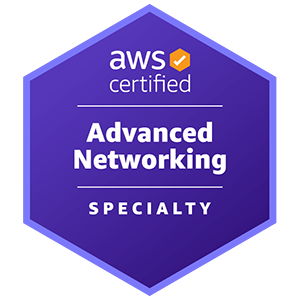
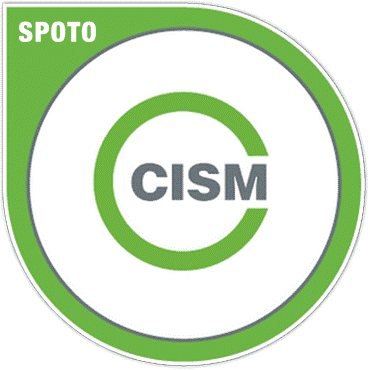

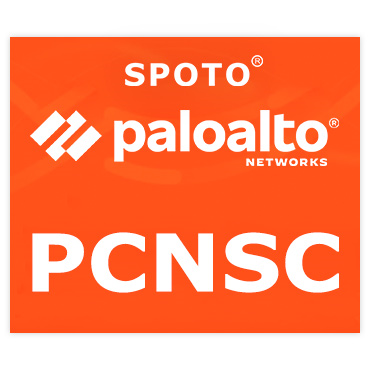
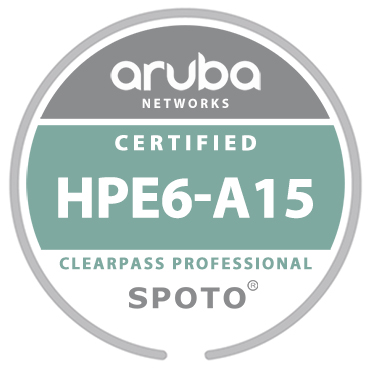
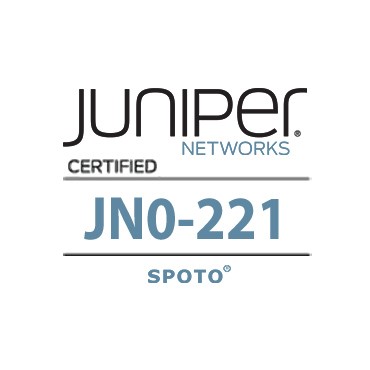
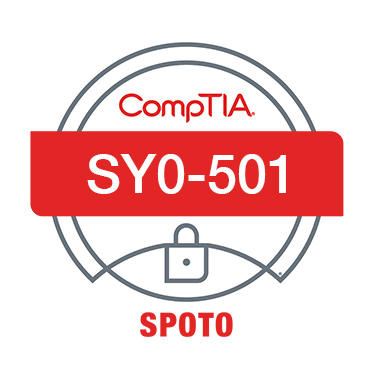
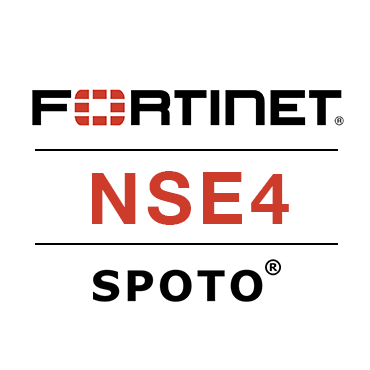
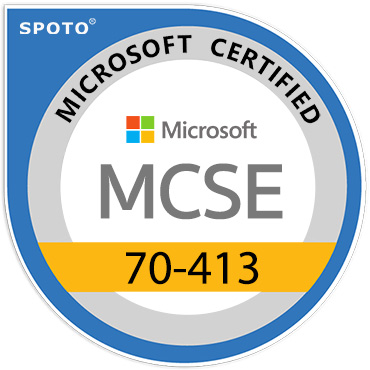
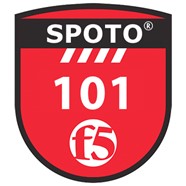
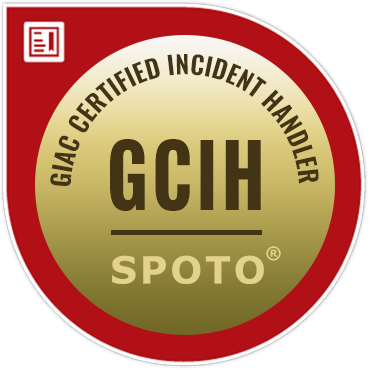

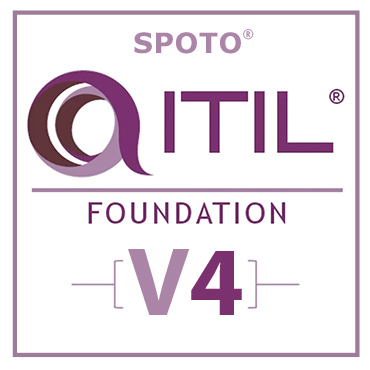
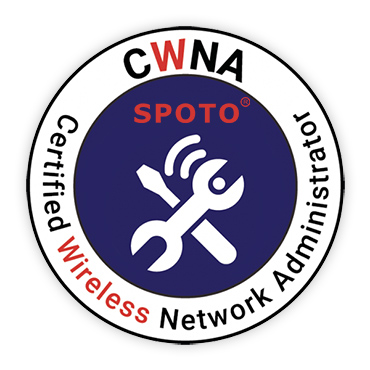
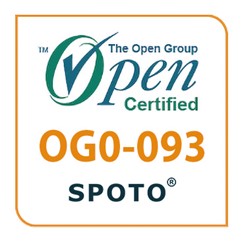



Comments